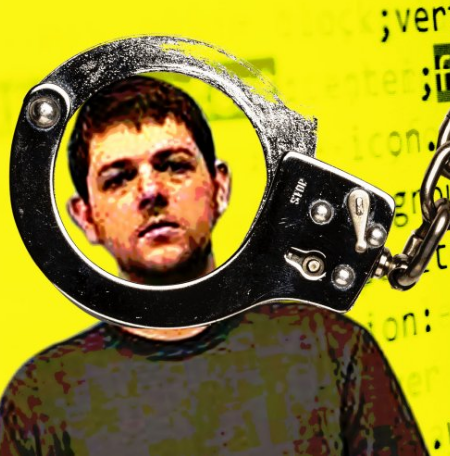Who Owns Your Wireless Service? Crooks Do.

Credit to Author: BrianKrebs| Date: Wed, 07 Aug 2019 22:43:58 +0000
Incessantly annoying and fraudulent robocalls. Corrupt wireless company employees taking hundreds of thousands of dollars in bribes to unlock and hijack mobile phone service. Wireless providers selling real-time customer location data, despite repeated promises to the contrary. A noticeable uptick in SIM-swapping attacks that lead to multi-million dollar cyberheists. If you are somehow under the impression that you — the customer — are in control over the security, privacy and integrity of your mobile phone service, think again. And you’d be forgiven if you assumed the major wireless carriers or federal regulators had their hands firmly on the wheel.
Read more





